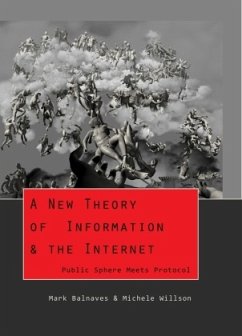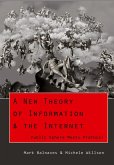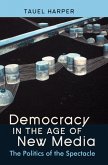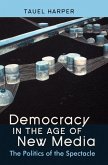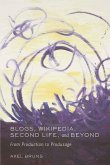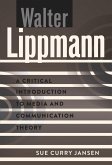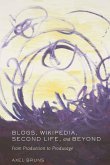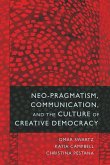The Internet is a complex environment that affords many practices while constraining others. The challenge is to develop languages and tools to critically engage with these environments and to navigate the topology of being a citizen in a technologically mediated environment. This book begins this undertaking.
A New Theory of Information & the Internet first documents the historical emergence of the scientific, mathematical, computing, and human communication discussions on information, together with the rise of information as a resource and a commodity. It posits that the contemporary situation has not changed in terms of resolving exactly what information might be as a real thing. What has changed is the idea of information as a resource and a commodity, which has become a cultural trope - a standard way of looking at information.
In the process of examining the understanding of information and communication, this book investigates the notion of an informed citizenry and the possibilities of a public sphere/s online within the context of the increasingly ubiquitous place of the Internet in social, informational life.
A New Theory of Information & the Internet first documents the historical emergence of the scientific, mathematical, computing, and human communication discussions on information, together with the rise of information as a resource and a commodity. It posits that the contemporary situation has not changed in terms of resolving exactly what information might be as a real thing. What has changed is the idea of information as a resource and a commodity, which has become a cultural trope - a standard way of looking at information.
In the process of examining the understanding of information and communication, this book investigates the notion of an informed citizenry and the possibilities of a public sphere/s online within the context of the increasingly ubiquitous place of the Internet in social, informational life.

